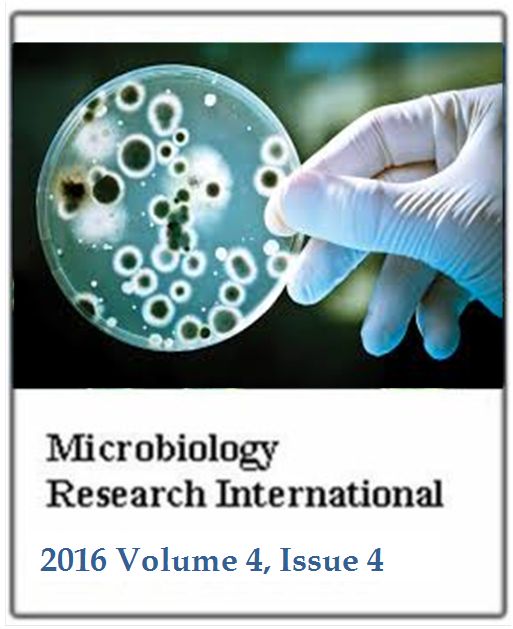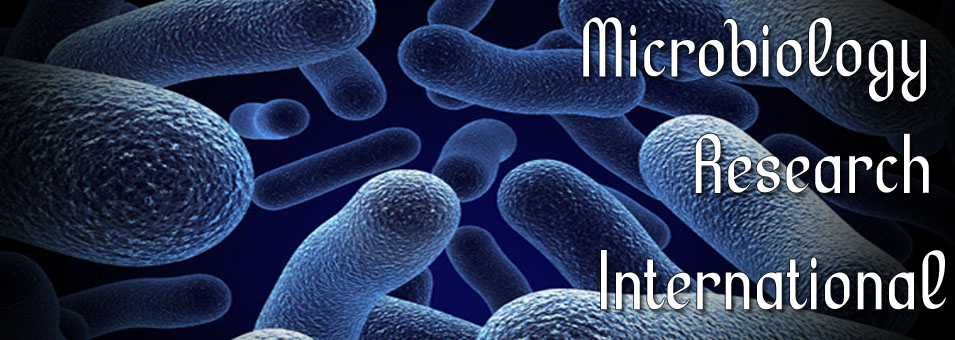Bacterial resistance to antibiotics: Update on molecular perspectives
Ebimieowei Etebu and Martha UkpongMicrobiology Research International
Published: October 7 2016
Volume 4, Issue 4
Pages 40-49
Abstract
Humanity is plagued by numerous types of infections and diseases caused by microorganisms across the world but the discovery of penicillin in 1928 by Alexander Fleming from fungus and subsequent discoveries of numerous other antibiotics like tetracycline, streptomycin and chloramphenicol etc. has contributed immensely to human health. However, not long after the discovery and public use of antibiotics, the bacterial world maneuvered its metabolic systems to resist antibiotics resulting to the emergence of daring drug resistant bacteria. Amongst several factors, the unrestricted accessibility to and, sometimes unselective use of antibiotics by the general public, huge use of antibiotics in agricultural land and use of fake and adulterated antibiotic in developing countries have been advanced as being responsible for the emergence and development of antibiotic resistant bacteria. Researchers, however, have continued to search for and develop antimicrobials to contain this ugly tide. Some of the recent approaches to combat Multidrug-resistant (MDR) pathogenesis and molecular biological mechanisms are reviewed herein.
Keywords: Bacteria, antibiotic resistance, MDR genes, antimicrobials.
Full Text PDF
